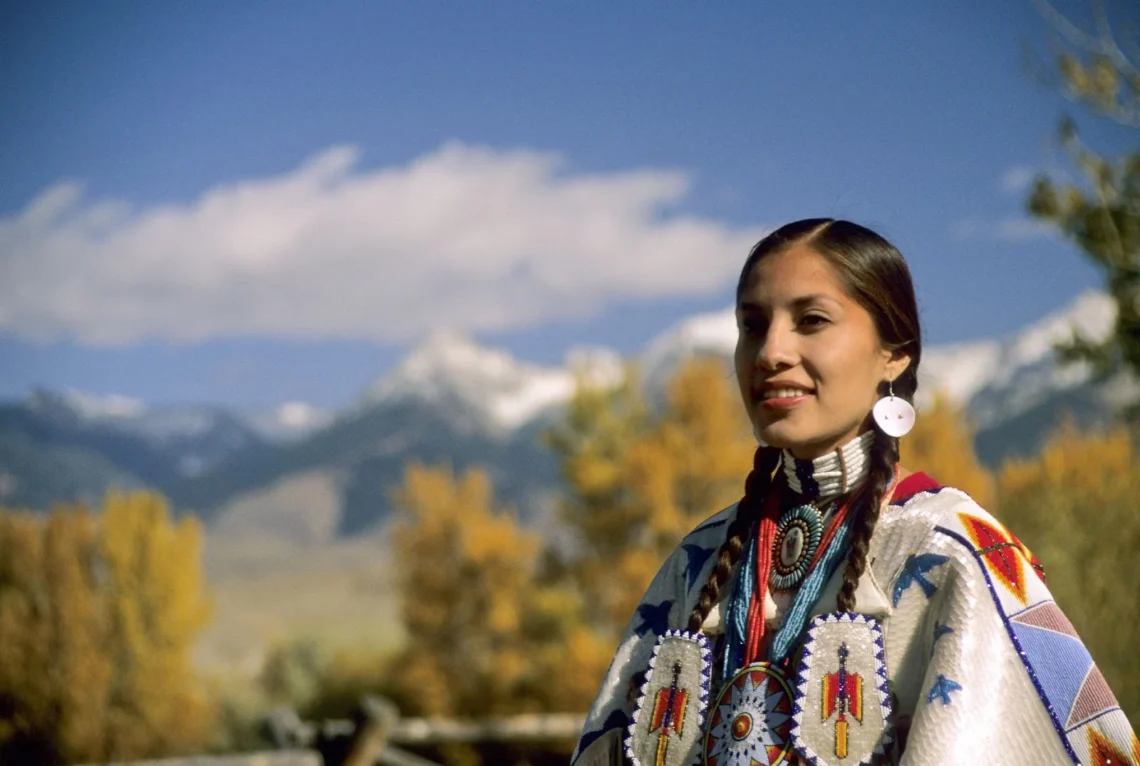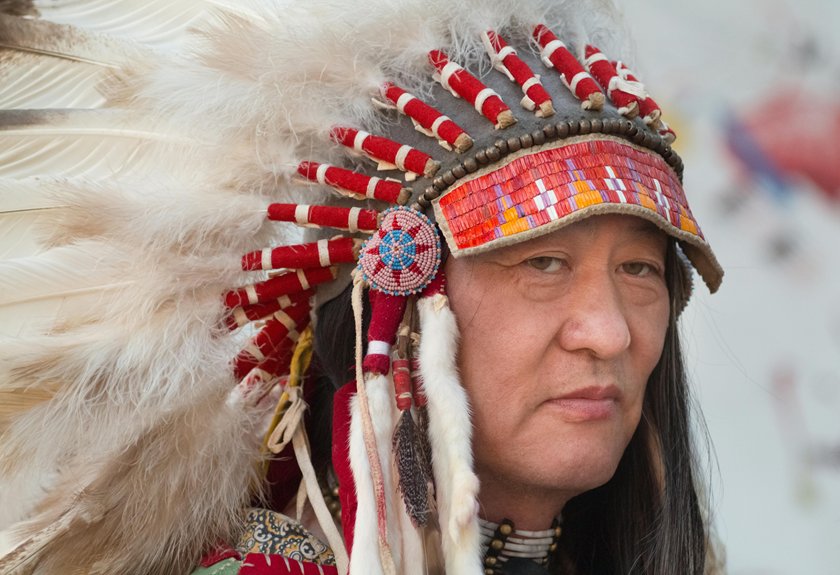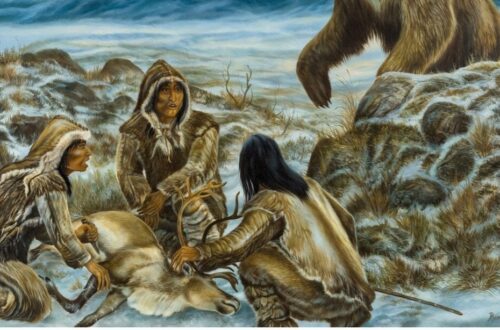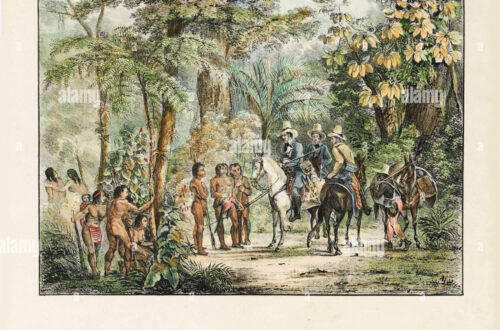Donald Trump’s latest political slogan has emerged from an unexpected source. His demand for sports teams to revert racist names spawned “Make Indians Great Again” or MIGA. This calculated move raises serious questions about genuine advocacy versus political maneuvering.
The acronym surfaced when Trump posted about Cleveland’s baseball team. He claimed “Indians are being treated very unfairly. MAKE INDIANS GREAT AGAIN (MIGA)!” The timing appears strategic rather than sincere.
The Sports Teams Controversy Explained
Trump has made aggressive demands about team names. He threatened to block Washington’s stadium deal unless they return to “Redskins.” “I may put a restriction on them that if they don’t change the name back to the original ‘Washington Redskins,’ and get rid of the ridiculous moniker, ‘Washington Commanders,’ I won’t make a deal for them to build a Stadium in Washington,” Trump declared.
Both teams changed names during 2020-2022 following decades of criticism from Native communities. The Washington team dropped “Redskins” in 2020. Cleveland abandoned “Indians” in 2021. These changes came after sustained advocacy from Indigenous groups who viewed these names as slurs.
Trump’s stance reverses years of cultural progress. His claims about Native people wanting these names restored lack substantive evidence from actual tribal leadership or Indigenous organizations.
Historical Context Native Communities Understand
As someone who studies Indigenous history, the pattern is familiar. Colonizers have always claimed to speak for Native peoples while ignoring actual Native voices. Trump’s MIGA follows this troubling tradition.
The “Redskins” name originated as a racial slur. Historical documents show it referred to scalped Native Americans during bounty hunting periods. No amount of political spin changes this documented reality.
Cleveland’s “Indians” name similarly reduces complex tribal identities to a cartoon mascot. Chief Wahoo represented centuries of stereotyping that harmed Indigenous children’s self-perception and perpetuated harmful misconceptions.
Trump’s sudden concern for “Indian heritage” rings hollow given his administration’s previous policies affecting tribal sovereignty and sacred lands.
The Epstein Files Diversion Strategy
Trump’s MIGA campaign conveniently emerged as scrutiny intensified around Jeffrey Epstein connections. The Trump administration reversed course on its pledge to release its collection of investigative evidence related to Epstein. This reversal sparked renewed questions about the relationship.
Multiple timelines exist for when Trump and Epstein’s friendship ended. Trump told reporters he was “not a fan of his, that I can tell you. I was not a fan of his.” He also said he hadn’t spoken to Epstein in 15 years, which would have been 2004. Yet evidence suggests their association continued longer.
The sports names controversy provides perfect distraction material. Media coverage shifts from serious criminal investigations to culture war debates. This tactical misdirection serves Trump’s interests while exploiting Indigenous identity for political gain.
Modi Comparison and International Implications
Trump’s relationship with Indian Prime Minister Modi adds another layer. Recent reports highlight Modi calling India-US ties “a mega-partnership for prosperity.” Trump’s MIGA slogan potentially confuses this diplomatic messaging while appropriating Indigenous identity.
The distinction matters crucially. India’s population and Indigenous Americans represent entirely different communities with distinct histories, cultures, and political relationships with the United States.
Trump’s conflation demonstrates either profound ignorance or deliberate manipulation of these differences for political advantage.
Why This Matters Beyond Politics
Native communities have fought for decades against stereotypical representations. Progress came through sustained organizing, legal advocacy, and cultural education. Trump’s intervention threatens to reverse this hard-won progress.
Indigenous peoples deserve authentic representation, not political theater. Real support means respecting tribal sovereignty, honoring treaty obligations, and addressing ongoing issues like missing and murdered Indigenous women, environmental justice, and healthcare access.
MIGA offers none of these substantive improvements. Instead, it weaponizes Indigenous identity for partisan purposes while potentially derailing serious criminal investigations involving Epstein.
The contrast with Joe Biden’s approach is stark. The previous administration included Indigenous voices in policy development and appointed Native Americans to significant positions. Trump’s symbolic gestures pale compared to meaningful representation and policy implementation.
Moving Forward With Authentic Advocacy
Real support for Indigenous communities requires more than catchy slogans. It demands consistent policy implementation, respect for tribal governance, and genuine partnership rather than paternalistic proclamations.
Native peoples have thrived for thousands of years without needing Trump to “make them great again.” Indigenous greatness never disappeared despite centuries of attempted erasure and marginalization.
The MIGA campaign reveals more about Trump’s political calculations than genuine concern for Indigenous welfare. As the Epstein file controversy continues developing, observe how these cultural distractions multiply and intensify.
Indigenous communities deserve better than being used as political pawns in larger power games. Authentic advocacy requires listening to Native voices, not speaking over them with manufactured controversies and diversionary tactics.




